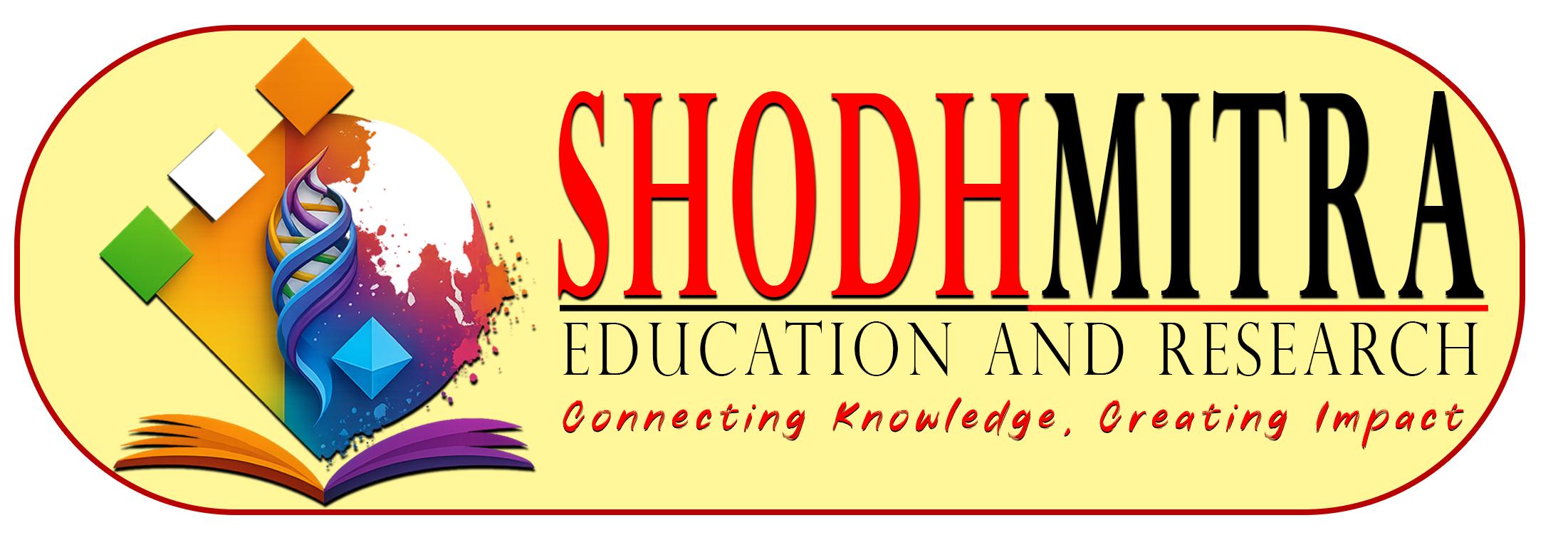Impact of Stress on Parenting Style of Parents Child with Intellectual Disability in Odisha
DOI:
https://doi.org/10.64429/Keywords:
Parental stress, parenting style, intellectual disability, gender differences, Odisha, parental well-beingAbstract
Parenting a child with intellectual disability often imposes significant psychological and emotional strain on parents, influencing both their well-being and their parenting practices. The present study examined the impact of parental stress on parenting styles among parents of children with intellectual disability in Odisha. A total of 80 parents (40 fathers and 40 mothers) were recruited from special schools in Bhadrak, Keonjhar, and Mayurbhanj districts using purposive sampling. Data were collected using the Parental Stress Scale (Berry & Jones, 1995) and the Perceived Parenting Style Scale (Divya & Manikandan, 2013). Statistical analyses included independent samples t-tests, one-way ANOVA, and chi-square tests. Results revealed significant variation in stress across parenting styles: parents with an authoritative style reported lower stress, while authoritarian and permissive parents showed higher stress. Gender differences indicated that mothers experienced higher stress than fathers, though the difference was marginally significant. Stress levels were also strongly associated with parenting styles, with authoritative parents concentrated in the low-stress group. These findings underscore the importance of supporting parents through stress-management programs and promoting adaptive parenting approaches, particularly in sociocultural contexts like Odisha.
Downloads
Published
Issue
Section
License
Copyright (c) 2025 K. Jit, Dr. M. P. Hassan (Author)

This work is licensed under a Creative Commons Attribution 4.0 International License.
Authors publishing in Wisdom Vortex: International Journal of Social Science and Humanities retain full copyright and grant the journal a non-exclusive license to publish, distribute, and archive their work in print and electronic formats. Authors may share or reuse their work with proper citation to the original publication in this journal.
All works are licensed under the Creative Commons Attribution 4.0 International License (CC BY 4.0), allowing sharing, adaptation, and commercial use with proper attribution. Full copyright and licensing terms are available at Policies section.




